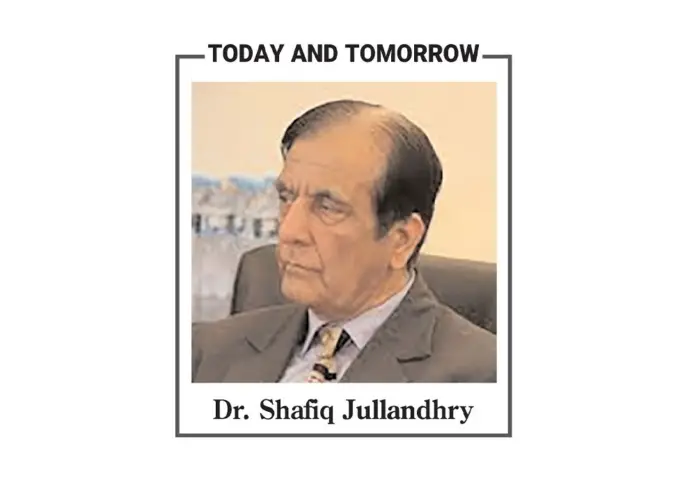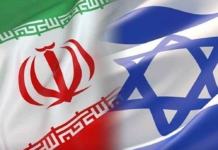Small landowners and agricultural laborers in most of the areas in our country are facing the worst conditions they have ever experienced in their lives. The flood has swiped out their lands, mud houses, and everything. Stranded in far-flung areas, many of them are still waiting for some temporary shelter and are facing their fate with their hungry small children under the bare sky. In their soaked clothes, they are having continuous rain on them. There is no drinking water available. Mosquitoes and snakes have encircled them. In this condition, especially small children, are easy prey to different diseases, and their helpless parents are still waiting for their countrymen to supply them with medicine and something to eat. Fully loaded with the weapons of corruption and boasting, governments and political parties have jumped in to help these people.
This work will certainly go into three phases. Emergency rescue services and immediate shelter supply to the flood victim families. Secondly, supplying them with food and necessary household items and supplying them with necessary medicines. The third phase is to resettle them in their villages after the flood water is drained, provide permanent shelter and empower them to restart their jobs to earn their livelihood. It is in this third stage that crooks, plunderers, government functionaries, and politicians will try to play their game. Fair and timely distribution of the funds coming from abroad and collected by the prime minister and chief ministers will remain a major problem in all of this agony. The nation has experienced it again and again in the past that billions of rupees collected on such occasions never saw the light of the day.
Who took them there remains an unanswered question. Government heads open such funds in their names very happily but never bother with their effective and purposeful expenditures. Business communities and nearby sycophants bring big amounts in such funds for appeasing the government heads and billions of rupees are collected. This amount is not collected for the disaster-stricken people but is actually for the cruel higher-ups. Similarly, more than a billion dollars in donations collected from world countries will never be spent in transparency. The real smartness of the governments will not be fixed by how much money in their announcements is collected and allocated for the unfortunate faction of our countrymen, but it will be judged by the transparency and just distribution of the amounts for the purposes declared. The nation knows the cruel and dirty faces in the administration who are clever enough to play a drama with the responsibility of helping the people, but in most cases, put more than half the amount in their own pockets.
Political governments think it better to spend such amounts through their MNAs and MPAs. Most of the people who are elected “traders” are not trustworthy at all for such duties. Even if they are not greedy and have no intentions to steal from the public money they will be certainly greedy of enhancing their party strength through unjustifiable distributions. Therefore, it is better if these amounts are distributed through deadly honest government functionaries in transparent and pre-decided procedures. On the other hand, organizations like Akhuwat, Edhi Foundation, and Al Khidmat, etc., can also be given an important role, at least in the surveillance of the distributions.
This flood havoc is not only a mammoth economic and social problem for the nation. In such cases, many hidden hands also work to create hatred among the races, regions, provinces, etc. If sincere, wise, and smart, the government and political leadership can also use such occasions to bring a revolution in the country. For example, while distributing the aid and loans, governments can encourage cooperative societies. We know the importance of cooperative work in development. Cooperative societies have played a major role in the economic and social development of Europe and the United States. At this time of the wash-out of old houses and villages, we need to plan for rehabilitation, in which we must not ignore the benefits of modern living and cooperative working. Cultivators and small landholders need houses to live in, but they also have to start their agriculture from zero with new tools and new seeds. At this critical moment in time, they need to introduce new machinery, efficient tools, and new seeds with new ways of irrigation and fertilising and storing the grain in modern silos.
Before they are given the money to restart their job, they must be given awareness of the better benefits of organising cooperative societies. Those who adopt cooperative agriculture must be encouraged more than others. This is only one hint, but our planners can suggest so many new and efficient things to adopt by those who are going to start a new life in a new environment. Those governments are considered goofs who can’t drive packages of benefits for the disaster-stricken people out of their agonies. To enhance the feeling of national unity and harmony, we can exchange volunteer teams between the provinces. If the federal government plans, hundreds of such teams could be sent from one province to another for support in rescue work and to supply medicine, clothes, and food items. If it can be organised above politics, it will entirely change the national face. Perhaps we can do as much during these days of national disaster as we could not think of while working out of emergencies. We need a common enemy for our exemplary national unity and harmony. Now we find this common disaster as an enemy and we can stand united against it. The results will certainly be much more positive than the agonies.






